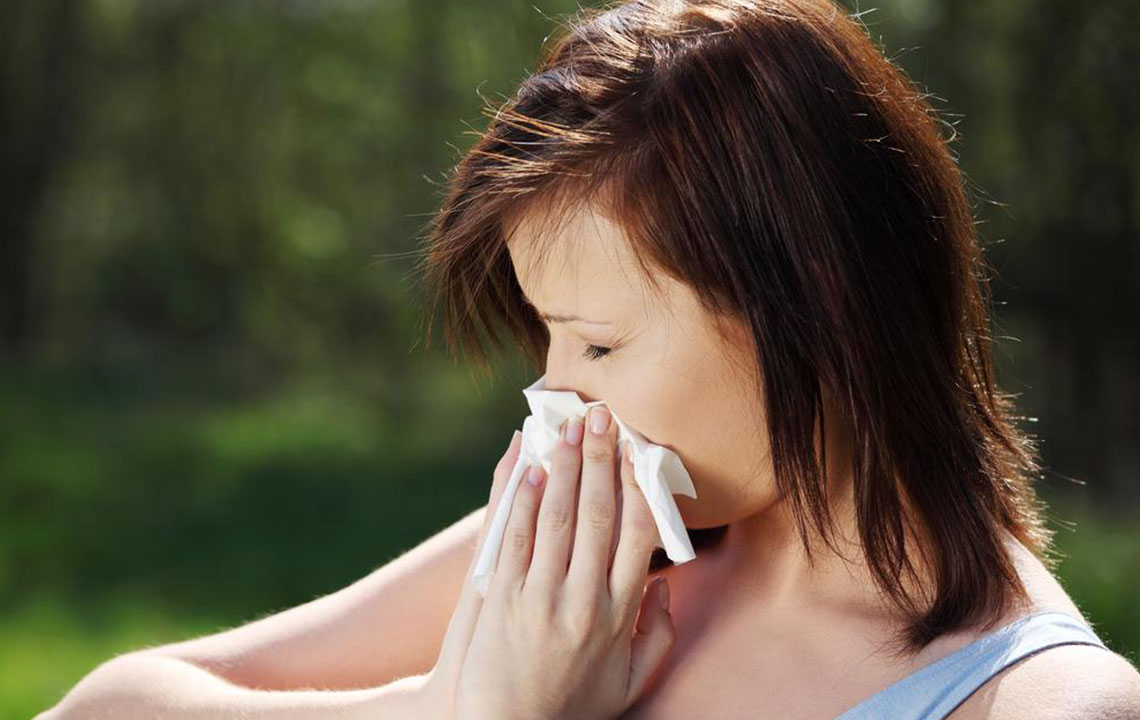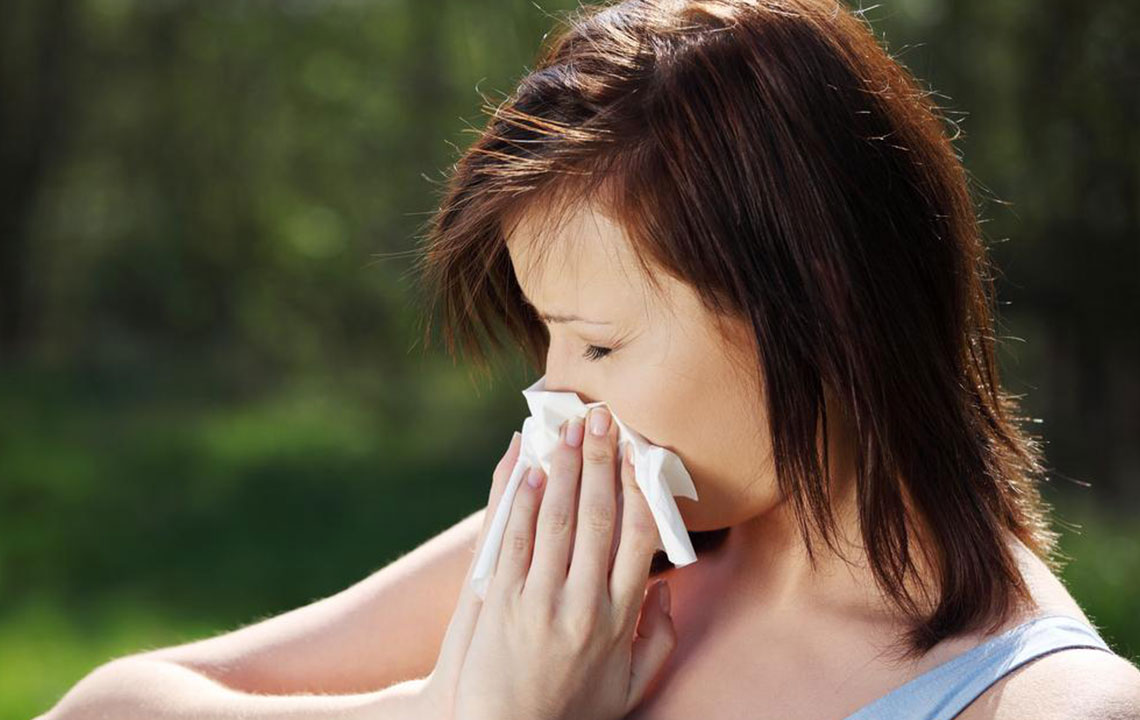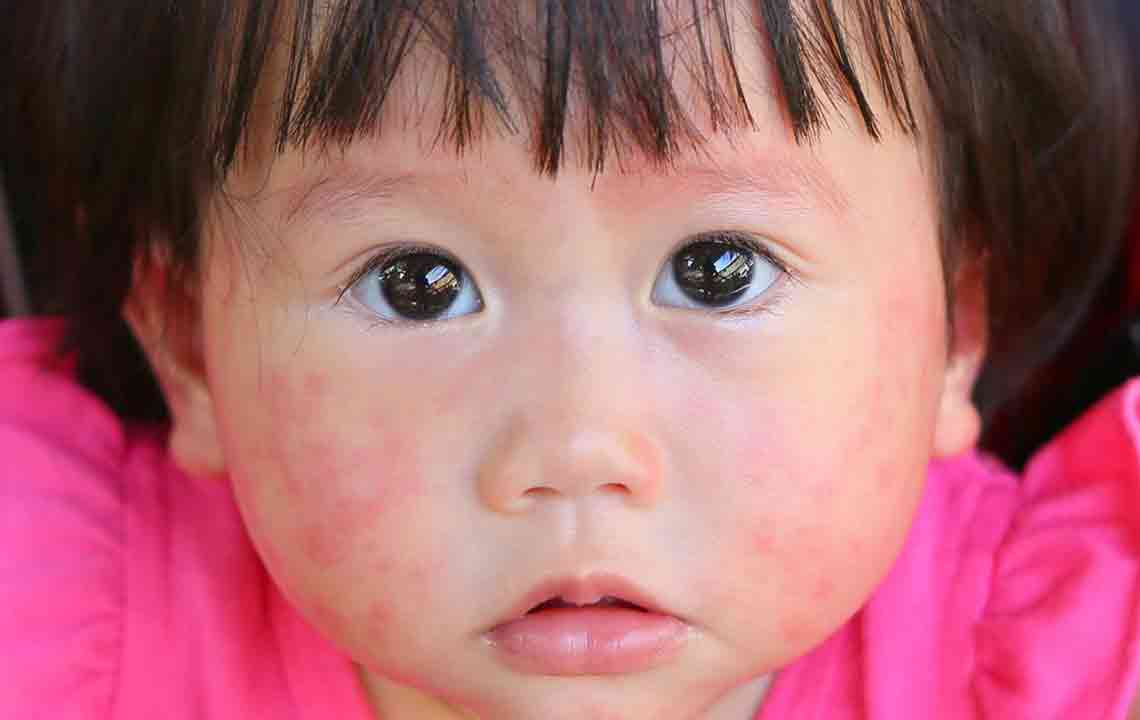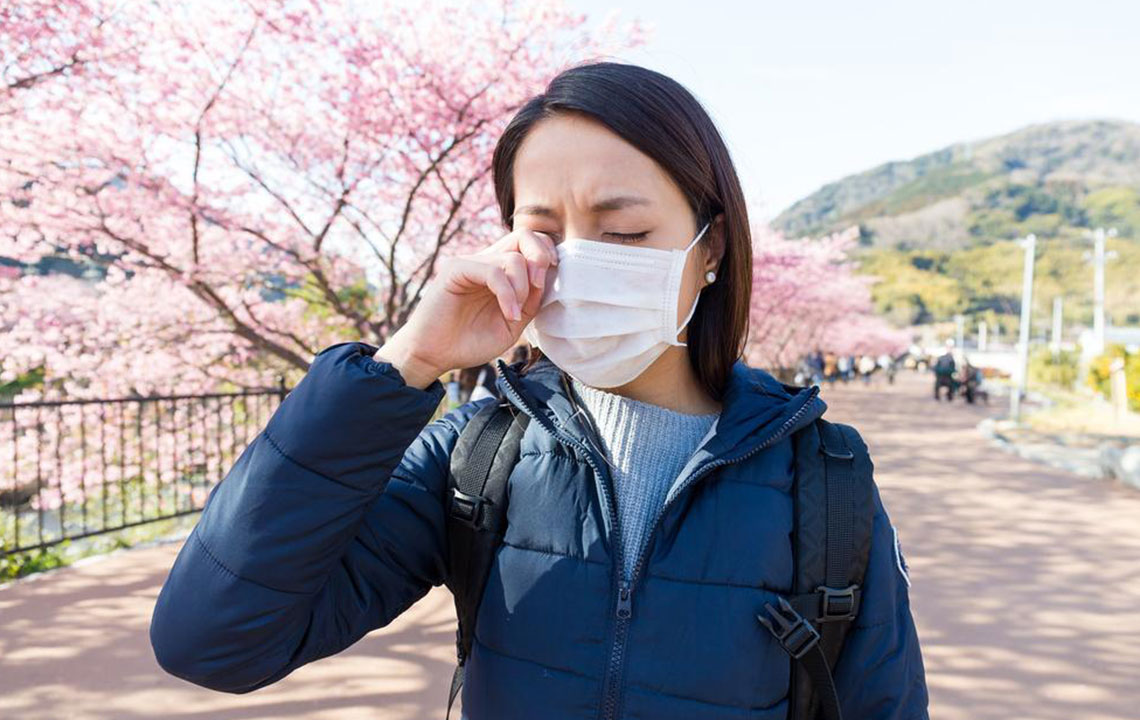Effective Allergy Treatments for Children
Discover effective allergy management options for children, including antihistamines, nasal sprays, and eye drops. Learn about common allergy symptoms, triggers, and safety tips to help parents provide proper care. Always consult a pediatrician before administering medicines or introducing new foods to ensure safety and optimal treatment. This guide offers vital insights to manage children's allergies effectively, promoting better health and comfort during allergy season.
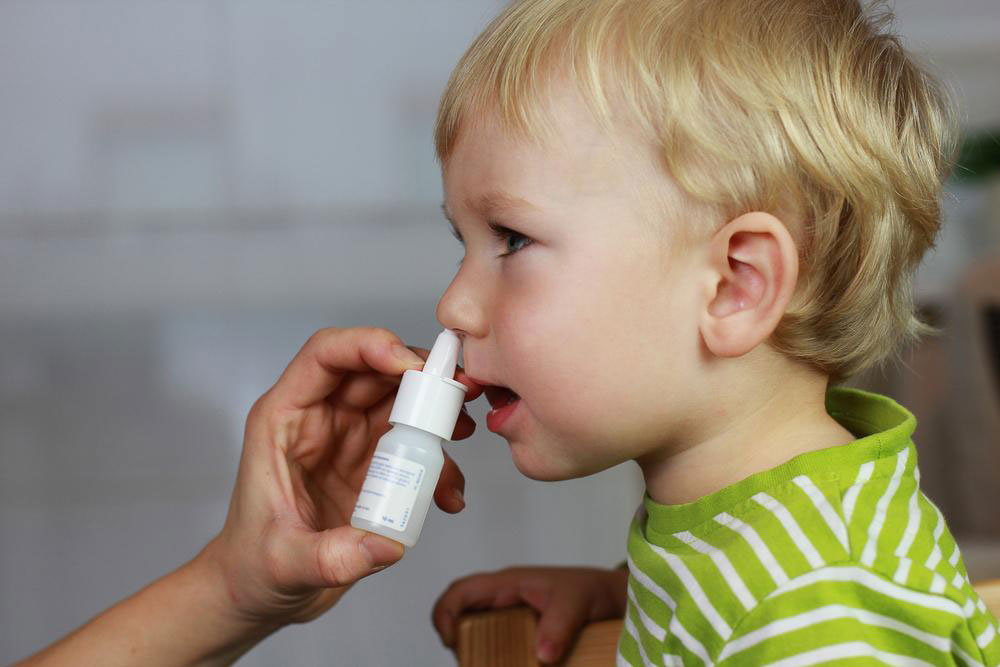
Effective Allergy Treatments for Children
Children are more susceptible to allergic reactions, especially food allergies, due to their immature immune systems. Common food allergens include milk, eggs, peanuts, soy, wheat, nuts, fish, and shellfish. Recognizing allergy symptoms early is vital for proper management.
Common allergy symptoms in children:
Skin rashes or eczema
Breathing difficulties such as asthma
Runny nose, cough, or cold-like symptoms
Itchy or watery eyes
Sneezing
Stomach upset
Dizziness
Typical allergy triggers in kids include:
Outdoor allergens like insect stings, pollen, and plant triggers
Indoor factors such as dust mites and mold
Pet hair or fur
Irritants like cigarette smoke, perfumes, or vehicle exhaust
Food allergies, including nuts, milk, and related products
Allergy relief options for children:
Since kids tend to be more sensitive, selecting the right allergy medication is crucial. Below are common treatment options:
Antihistamines: These block histamine release, alleviating symptoms such as runny nose, sneezing, and congestion. They work quickly and are suitable for mild allergy cases. Available OTC options include:
Cetirizine (Zyrtec)
Diphenhydramine (Benadryl)
Fexofenadine (Allegra)
Loratadine (Claritin, Alavert)
Key points before administering antihistamines:
Short-acting versions need doses every 4-6 hours
Long-acting formulations are administered once every 12-24 hours
Possible side effects include dry mouth and drowsiness; ensure your child stays hydrated
Nasal Sprays: For nasal congestion, corticosteroid nasal sprays are effective in reducing swelling and promoting easier breathing. Use before allergy season or as recommended by a doctor. Examples include:
Flonase
Nasacort OTC
Rhinocort
NasalCrom
Remember to follow your healthcare provider's instructions when using nasal sprays.
Eye Drops: To relieve itchy or watery eyes, allergist-prescribed eye drops containing antihistamines or mast cell stabilizers are useful. They help control histamine release in eye tissues. OTC options include:
Zatidor
Visine-A
Opcon-A
Follow dosing instructions meticulously to ensure safety.
Food Allergies: Avoidance is the best approach for food allergies. If accidental ingestion occurs, seek immediate medical care. Eliminating suspected allergens from your child's diet is essential for safety.
Always consult your pediatrician before starting any allergy medication or introducing new foods. Proper guidance ensures safe and effective treatment for your child's allergies.
Important note:
Our blog provides practical information across various topics. While we strive for accuracy, readers should not consider these articles as definitive. Always consult healthcare professionals for personalized advice. The website is not responsible for any discrepancies or missed offers related to products or treatments discussed.

